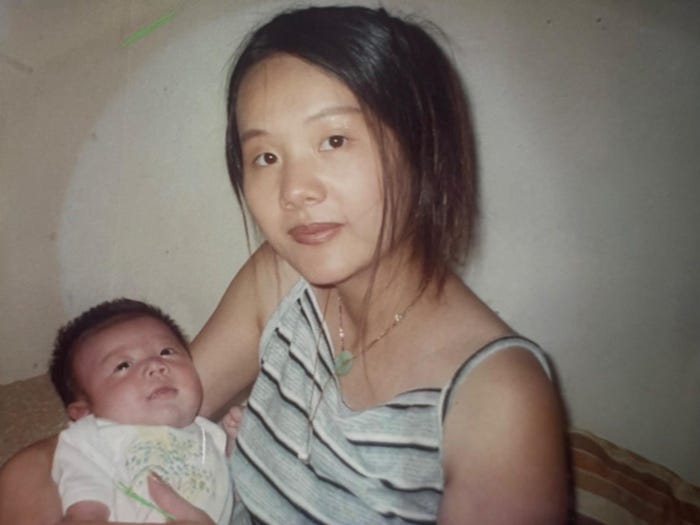A student’s heartfelt essays about his mother have played a pivotal role in his acceptance into both Yale University and Stanford University. Brian Zhang, who is now studying medicine at Stanford, broke a common guideline by centering his college applications on his relationship with his mother, illustrating how their bond shaped his identity and aspirations.
Zhang’s relationship with his mother is complex; she has always shown her love through practical actions. He recalls her frequent plea: “Promise me you’ll never put me in a nursing home.” This statement has been a recurring theme in their conversations, particularly as he reflects on his volunteer work at senior centers.
His mother’s perception of nursing homes is starkly different from his own. While she views them as places where families abandon their loved ones, Zhang sees them as spaces for rest and recognition for those who have contributed significantly to society. This divergence has influenced his understanding of care and compassion, ultimately steering him toward a career in medicine.
In his Yale application, Zhang wrote about a lesson from his grandmother that encapsulated his mother’s love: her life was dedicated to teaching him how to be independent. He characterized her as a selfless individual who tirelessly worked to ensure he had opportunities for a brighter future. “Her sacrifices teach me that there is profound strength in letting someone else wear the sequins,” he wrote, highlighting the importance of humility and gratitude.
Zhang’s personal statement for Stanford similarly broke conventional expectations. He expressed his desire for his mother’s presence during significant milestones, acknowledging the void left by her absence due to her demanding career and health challenges. This reflection prompted him to think about the diverse backgrounds of his future patients, recognizing that many may not have family support during their most challenging moments.
Now enrolled in medical school, Zhang’s mother encourages him to enhance his Spanish skills to better serve patients from various communities. She also motivates him to explore wellness programs for his peers, demonstrating her continued influence on his educational journey.
Admissions officers from both Yale and Stanford noted the emotional depth in Zhang’s essays. A Yale admissions officer remarked on the genuine love he expressed for his mother, while a Stanford interviewer commented on his emotional maturity and commitment to service, both of which are essential qualities for a career in medicine.
Zhang emphasizes that his motivations for writing about his mother extend beyond simply crafting a compelling narrative. He feels a sense of urgency to convey their relationship, aware that time is fleeting. “There will come a day when I won’t have my best friend by my side,” he reflects.
In a poignant conclusion, Zhang expresses his admiration for his mother, stating, “Despite our differences, I want to be just like you when I grow up, Mommy.” His essays not only opened doors to prestigious institutions but also encapsulated a deeply personal journey that resonates with many.







